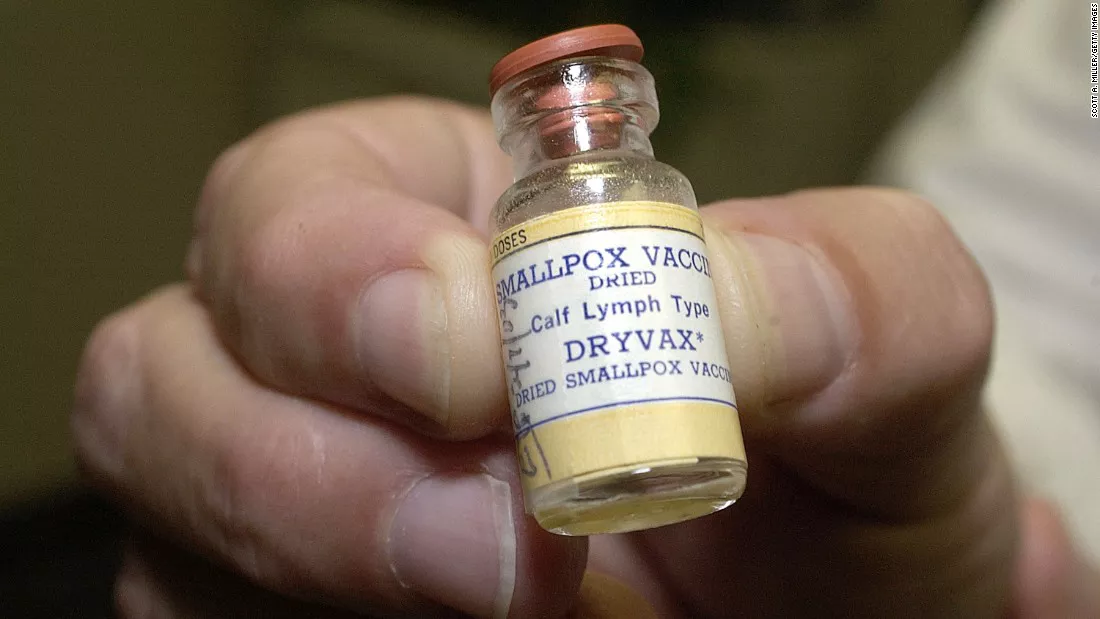Myocarditis, an inflammation of the heart muscle, can be triggered by various factors, including infections, autoimmune diseases, and certain medications. While vaccines are essential tools for preventing infectious diseases, some have been associated with rare adverse events, including myocarditis. This article explores three vaccines that have been linked to myocarditis, providing an in-depth understanding of their mechanisms, incidence rates, and the balance of risks and benefits.
3 Vaccines That Can Cause Myocarditis
1. mRNA COVID-19 Vaccines
Background
The COVID-19 pandemic necessitated the rapid development and deployment of vaccines to curb the spread of the SARS-CoV-2 virus. Among these, the mRNA vaccines, specifically Pfizer-BioNTech (BNT162b2) and Moderna (mRNA-1273), have been widely administered.
see also: How to Strengthen Your Heart After COVID-19
Incidence and Mechanism
Reports of myocarditis following mRNA COVID-19 vaccination, particularly in young males, emerged as vaccination campaigns expanded. The incidence of myocarditis varies, with estimates ranging from 1 to 40 cases per million doses, depending on the study and population. The majority of cases occur within a week of the second vaccine dose.
The exact mechanism by which mRNA vaccines might induce myocarditis is not fully understood, but several hypotheses exist:
Immune Response: The robust immune response triggered by the mRNA vaccine, intended to generate a protective effect against COVID-19, may inadvertently lead to an inflammatory response in the heart muscle.
Molecular Mimicry: The spike protein encoded by the mRNA might share structural similarities with cardiac proteins, leading to an autoimmune response.
Genetic Predisposition: Certain individuals may have a genetic predisposition to developing myocarditis in response to the immune activation caused by the vaccine.
Clinical Presentation and Management
Patients typically present with chest pain, shortness of breath, and fatigue. Diagnosis is confirmed through clinical evaluation, ECG, cardiac biomarkers (elevated troponins), and imaging studies such as echocardiography and cardiac MRI.
Most cases are mild and resolve with conservative treatment, including NSAIDs and rest. Severe cases may require corticosteroids or other immunosuppressive therapies.
Risk-Benefit Analysis
Despite the association with myocarditis, the benefits of mRNA COVID-19 vaccines in preventing severe COVID-19, hospitalization, and death far outweigh the risks. Public health authorities continue to recommend vaccination, emphasizing that the overall risk of myocarditis is low compared to the risk of cardiac complications from COVID-19 itself.
2. Smallpox Vaccine
Background
The smallpox vaccine, specifically the live vaccinia virus vaccine, has been instrumental in eradicating smallpox. Although routine vaccination ceased after eradication, it remains in use for certain populations, including military personnel and laboratory workers handling orthopoxviruses.
Incidence and Mechanism
Myocarditis and pericarditis have been documented as rare adverse effects of the smallpox vaccine, particularly with the ACAM2000 vaccine. The incidence is estimated to be about 1 in 12,000 primary vaccinees.
The mechanism by which the smallpox vaccine induces myocarditis is thought to involve:
Direct Viral Invasion: The live attenuated vaccinia virus may infect myocardial cells directly.
Immune-Mediated Injury: The immune response to the vaccine, including the production of inflammatory cytokines, may lead to myocardial inflammation.
Clinical Presentation and Management
Similar to mRNA vaccine-associated myocarditis, patients present with chest pain, elevated cardiac biomarkers, and abnormal ECG findings. Management involves supportive care, including anti-inflammatory medications and monitoring for complications. Severe cases may require hospitalization and advanced cardiac care.
Risk-Benefit Analysis
For individuals at risk of exposure to smallpox or related viruses, the benefits of vaccination outweigh the risks of myocarditis. Surveillance and education on potential adverse effects help ensure prompt diagnosis and management.
3. Influenza Vaccine
Background
The influenza vaccine is a crucial tool in preventing seasonal flu and its complications. Both inactivated and live attenuated influenza vaccines are widely used.
Incidence and Mechanism
Myocarditis following influenza vaccination is exceedingly rare, with an incidence of less than 1 per million doses. The pathogenesis is likely multifactorial, involving:
Immune Response: As with other vaccines, the immune response to the influenza vaccine might lead to myocardial inflammation in susceptible individuals.
Pre-existing Conditions: Individuals with underlying cardiac conditions or a history of myocarditis may be more prone to developing this complication.
Clinical Presentation and Management
The clinical presentation is consistent with other forms of vaccine-associated myocarditis, including chest pain, elevated cardiac biomarkers, and ECG changes. Management is supportive, with most cases resolving spontaneously. Rarely, more intensive therapies may be needed.
Risk-Benefit Analysis
The influenza vaccine’s benefits in preventing flu-related morbidity and mortality far surpass the minuscule risk of myocarditis. Annual vaccination is strongly recommended, especially for high-risk populations such as the elderly and those with chronic health conditions.
Conclusion
Myocarditis is a rare but recognized adverse event associated with certain vaccines, including mRNA COVID-19 vaccines, the smallpox vaccine, and the influenza vaccine. The mechanisms underlying vaccine-associated myocarditis remain under investigation, but current evidence suggests that the benefits of vaccination in preventing severe disease and widespread outbreaks far outweigh the risks of myocarditis. Continued surveillance, research, and education are essential to monitor and mitigate these risks while ensuring public confidence in vaccination programs.


